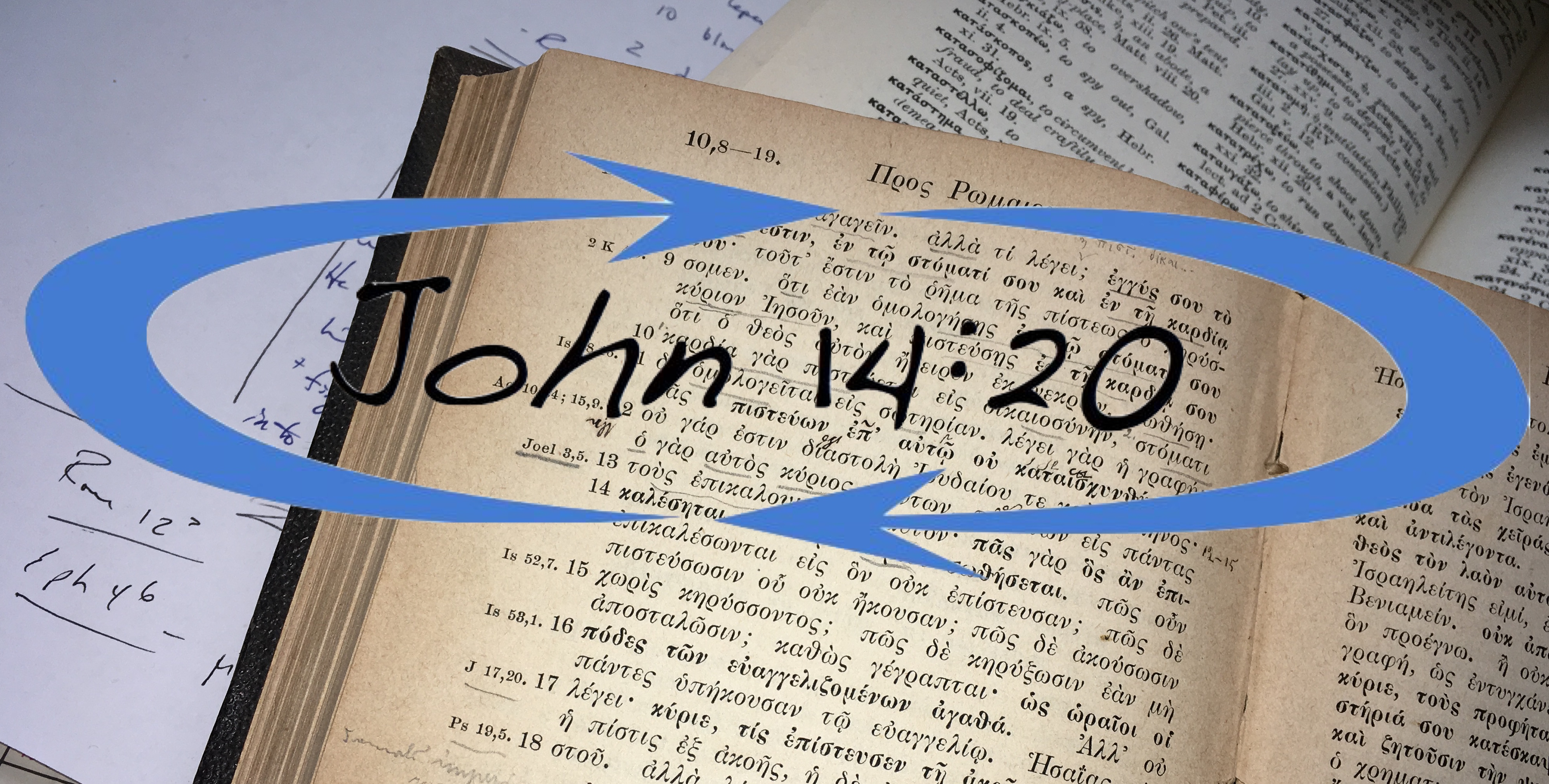
I’m cautious about recommending books. I’ve met too many people who have changed their thinking about God or the Bible because “I read a book,” but did not spend much or enough time reading The Book (Scripture). I reserve book recommendations for those books that address a text or topic and support it with good exegesis of the Scriptures. Though published in 2016, I only came across Matt Waymeyer’s book a few months ago. I recommend this book.
First, I am a premillennialist and so is Dr. Waymeyer. I’ve had several people comment wide-eyed at the title, thinking it was a book in support of amillennialism. The subtitle is A Premillennial Critique of the Two-Age Model. Second, while I have taught briefly on the subject of the millennium, I have never taught in-depth on this subject. In part, I feel I do not understand all the texts that have a bearing on the subject. Revelation 20 and the six references to one thousand years is a very strong, plain statement in favor of a literal thousand years. I know texts such as Isaiah 2, 9, 11, 62, 65, and 66 and the promise of an Anointed ruler on David’s throne (Ps. 2), but, I realize there are a number of other texts, many in the Old Testament with which I am less familiar. Waymeyer has been very helpful in walking through several of these texts.
The two-age model is built on the reading of texts such as Matthew 12:32, “it shall not be forgiven him, either in this age or in the age to come.” Amillennialist1 teachers claim that such statements do not allow for an intervening age, that of the thousand years, for there are only these two ages. They interpret these two ages to mean the present and the eternal state. For those unfamiliar with amillennial teaching, most hold to one general resurrection of all people at the end of this present age. This is followed by one general judgment of all people at which people either enter the eternal state with God or are consigned to the lake of fire for eternity.
After introducing the issues, Waymeyer gives four chapters considering key Old Testament texts that anticipate a literal reign of the Anointed Ruler (Christ/Messiah) over the earth (Ps. 72:1-20; Isa. 2:1-3; Mic. 4:2-4; Isa. 11:1-9; 65:17-25; Zech. 8:4-5; 14:16-19; Isa. 24:21-23). These texts not only paint a grand picture of that reign but tell of conditions that do not fit the eternal state such as physical age, death, the need for healing, and the presence of enemies and the poor. He then devotes five chapters to New Testament texts that refer to the future reign of Christ BEFORE the eternal state. Having read different books on eschatology, some of which focus mainly on the millennium, often brief statements are made followed by a Scripture citation. As Waymeyer walks through each text, he interacts with amillennialists and their interpretation, always returning to a plain (literal) interpretation of the text.
The last chapters focus on Revelation 20. He interacts with amillennial interpretation of several issues: when is Satan bound, what does that binding look like, what is meant by “the first resurrection,” how long is a thousand years, and how does Revelation 20 fit with the rest of John’s visions in the book. What may seem plain to those who practice a “plain”2 reading of Scripture is not common among many Bible students. For those who are studying or teaching these texts, these chapters can help bolster the plain interpretation of the text.
If the eschatological subject of the millennium is something you’d like to pursue, I would recommend this book as a help in your reading of The BOOK (Scripture). If you haven’t studied eschatology, you should give it your attention. It makes a large portion of Scripture and has a far more practical effect on how we think and live than many modern Christians think or their teachers present.

Got it! Thanks
LikeLike